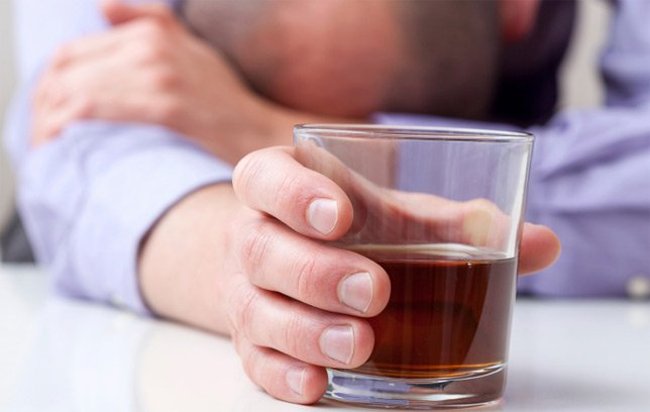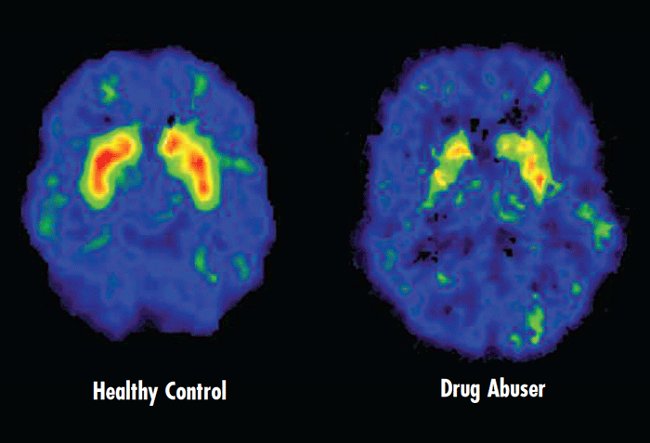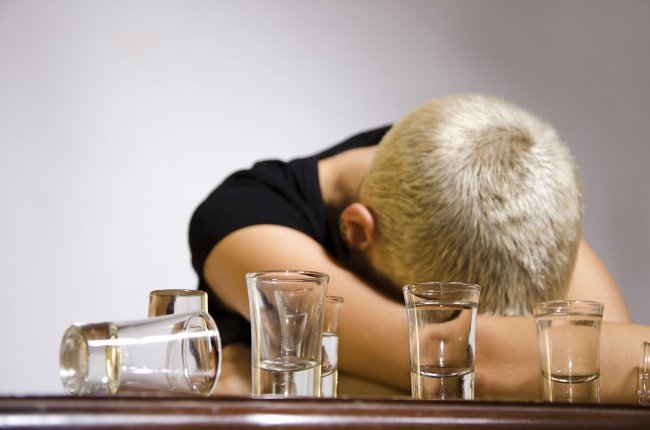4 effects of alcohol on the brain that many people do not know
The bad effects of alcohol on the brain depend on how much you drink. Alcohol is an indispensable part of relaxing meetings with friends and can also be an agent that makes you make wrong decisions. When learning about the 4 effects of alcohol to the brain, surely the questions after the experience will become much clearer. So, before accepting the invitation to the fun, expect everyone to consider some of the effects of alcohol on organs and functions in the body.
Alcohol reduces glutamate

Glutamate is a metabolite that increases activity and energy for the brain. When the level of glutamate in the brain is standard, you can think faster and more clearly.
Alcohol inhibits the production of glutamate, which makes your brain nearly depleted. Without sufficient amount of transmitter to stimulate the nerves, your brain cannot process information as quickly as usual. That slows down, delays thinking that makes you make some wrong decisions, such as texting your ex in the middle of the night. This is definitely a bad reason for driving at this time. The reflex becomes slower, causing easy traffic accidents. Anyone who has experienced drunkenness and drove home will understand what this sense of danger is.
Alcohol increases GABA

GABA, stands for gamma-aminobutyric acid, as opposed to glutamate. GABA helps the brain to calm down. This balance is essential in everyday life, because if glutamate helps to concentrate, GABA helps to relax at the end of the day. When drinking alcohol, the brain produces an excessive amount of GABA. That's why many people get drunk when drinking too much alcohol. Besides, an increase in GABA also causes further damage to the brain, which the brain undergoes when reducing glutamate. Moreover, the function of the brain is also slowed, the drinker becomes confused, disoriented and unable to control himself.
Alcohol increases dopamine

Alcohol not only makes the brain work more slowly by the GABA chaos and neurotransmitter glutamate neurons, but a few more people will be abused and insulted. Instead of feeling happy and enthusiastic, those who drink will only feel tired and dizzy.
Because alcohol raises dopamine, the brain feels excited when drinking. Ideally, dopamine will make you feel excited when you have done something good, such as exercising or having a new friend. Neurotransmitters play a very important role in healthy activities, but alcohol inhibits this by creating excitement with unhealthy behaviors.
The increase in dopamine is also part of making people like to drink alcohol. This is like the way opium and stimulants make us feel more excited. Therefore, dopamine is also the reason for many alcoholics. It gives people a feeling of comfort and helps to forget troubles and problems in everyday life. Unfortunately, the more alcohol you drink, the more dopamine in your brain produces. When stumbling in a room or saying nothing, it is because the amount of dopamine is so high that the brain thinks everything is still great.
Alcohol reduces brain activity

Drinking alcohol on special occasions may not cause much harm to the brain, of course if you drink in moderation. However, with " ghost men" if they have the opportunity to drink they will not be afraid to drink and think that alcohol will help them feel better.
If you have been drinking a lot of alcohol over the years, the production of dopamine in the brain slows. So you may feel that the more you drink, the more excited you are. Once this happens, many people will become alcoholics. If you depend too much on alcohol then life will become extremely scary.
If you or someone you know can't stop getting drunk, your brain probably won't produce enough dopamine for your body. Consider asking a counselor or changing your lifestyle to make this situation no longer happen.
Next time, when going out to enjoy food with friends, always keep in mind the information mentioned above. This will help you drink more in moderation.
Refer to some more articles:
- 5 simple ways to minimize the impact of alcohol
- How does caffeine affect your brain?
- Scientifically proven: Meditation keeps our brains "young" and healthy
Having fun!
You should read it
- ★ Drinking a lot of alcohol can lead to insomnia in adolescents
- ★ Warning: Frequently drinking alcohol overdose reduces cognitive function in the elderly
- ★ Things not to do after drinking alcohol, especially during Tet
- ★ Alcohol poisoning: symptoms and treatment
- ★ Alcohol on New Year and 9 risks to unpredictable health